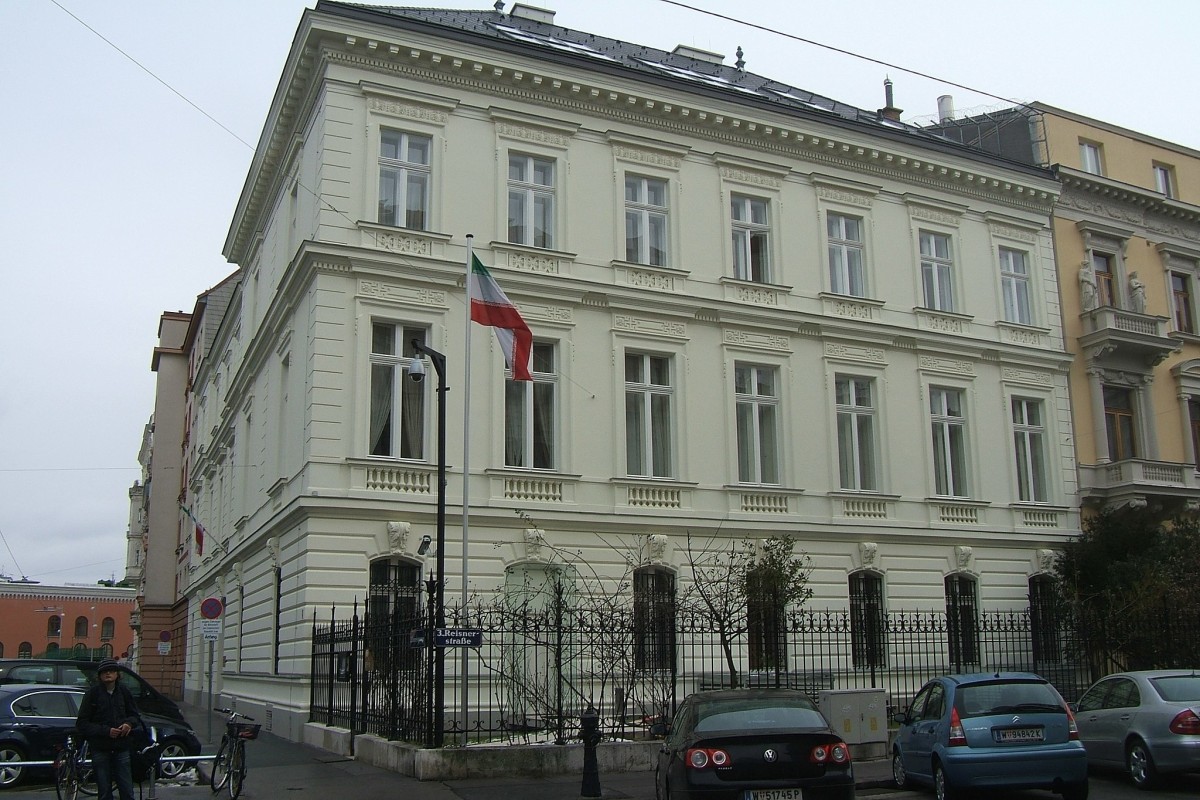Sponsored Content
Austrian Parliament Calls for More Support for Protests in Iran
The Austrian Parliament, the National Council, unanimously condemned the violent suppression of the current protests in Iran. The deputies demanded that actions on the part of Iranian institutions in Austria be monitored more closely and punished.
 The government should also take a closer look at the activities of Iranian diplomats in Austria, the concerned Austrian MPs said. / Picture: © Wikimedia Commons / Erich Schmid, CC BY-SA 3.0 (https://creativecommons.org/licenses/by-sa/3.0)
The government should also take a closer look at the activities of Iranian diplomats in Austria, the concerned Austrian MPs said. / Picture: © Wikimedia Commons / Erich Schmid, CC BY-SA 3.0 (https://creativecommons.org/licenses/by-sa/3.0)
The death of 22-year-old Mahsa Amini, who lost her life because of non-compliance with a dress code, has been calling numerous Iranians to the streets for weeks. In their contributions to the debate, the speakers took the Iranian mullah regime to task for its human rights violations and brutal treatment of its people. They considered today's Iran as a danger not only for the region but…
or Log In
Fast News Search





